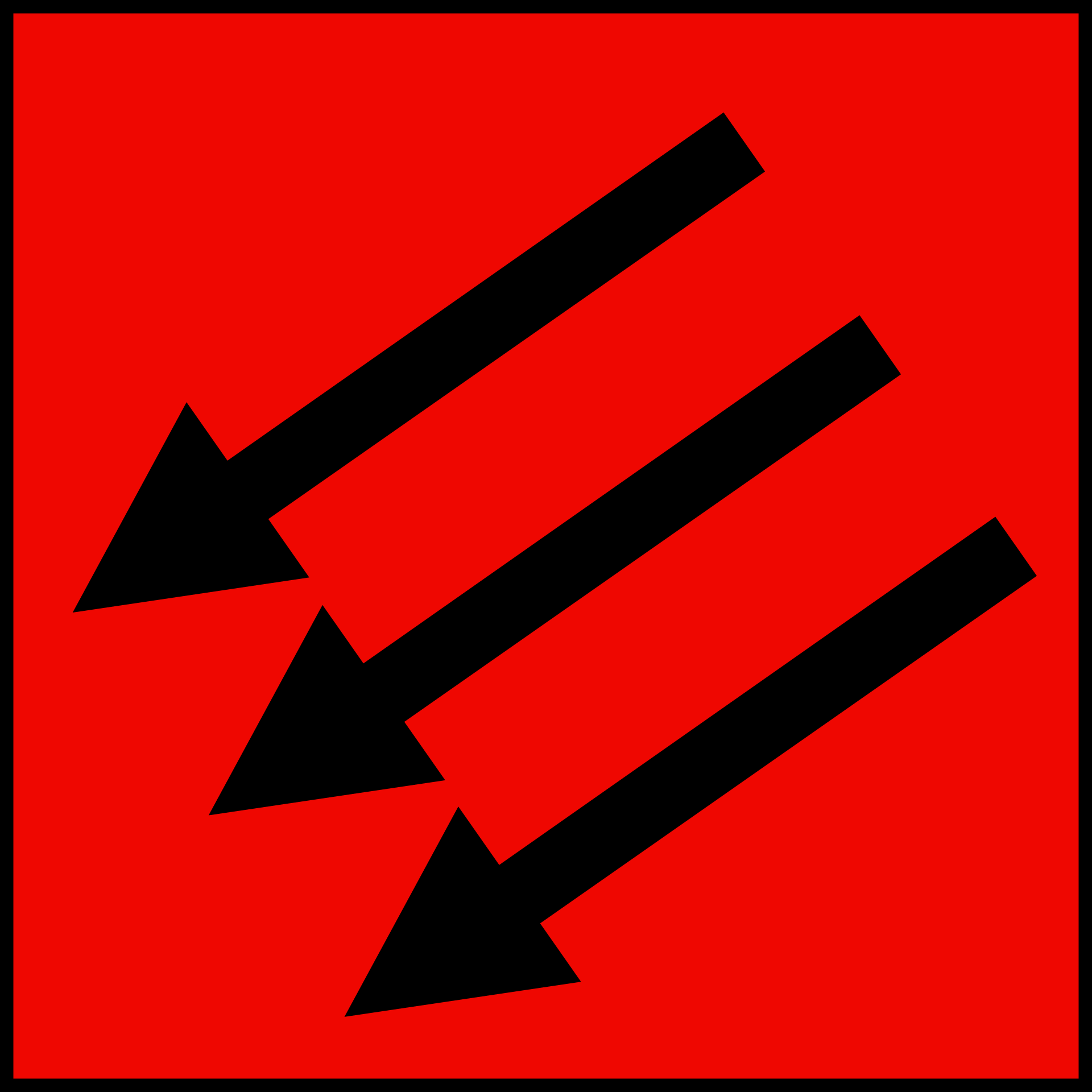If anyone is in the New England area, check out Northeast Anarchist Union. https://linktr.ee/nau161
What symbol is that
Anti fascist flags

I agree. What’s the plan?
Find a local lefty group (anything from Food Not Bombs to SRA). Participate, listen, organize, help people where you can. I live in a remote rural area and I still have half a dozen small but active groups to choose from, you just have to get out there and find them.
Edit - it doesn’t matter if none of the groups near you follow your exact variant of communism or anarchism or whatever, we have much bigger problems right now than leftist infighting. Always deescalate conflicts with people who are not the enemy.
Can you describe where you found your local groups? And particularly helpful web searches you can share? Searching for
<location> lefty groupsdoes actually give results but I welcome any suggestionsFnB has a possibly not updated map of local chapters, I made my way into my other groups by connections I made with my chapter. Another option is to just start looking at leftist insta pages, pretty much every group I know of is on there.
The two biggest things you can do are to get organized and read theory. All the Leftists in the world thinking really hard won’t make a difference if they don’t organize, it’s the atomic unit of activism. If you’re interested in Marxism, I have a “Read Theory, Darn it!” introductory reading list you can check out if you want, complete with audiobook versions of every work listed minus 1.
Honest question, how important is reading theory? Won’t we need to build our numbers beyond where it’s reasonable to expect everyone to have read theory? Especially given that much of it is written in an academic rather than a narrative way. Obviously there should be those in the movement who are versed in theory, but shouldn’t the movement be open to as many as possible? And assigning homework as soon as they want to join seems like a good way to discourage engagement.
Lenin said it best: “Without Revolutionary theory, there can be no Revolutionary Movement.” That’s why I open up my list with that quote, to instill its necessity. You ask a good question, why is it that we need to read theory? The answer is that theory guides practice. This applies to Anarchism as well as Marxism.
To use an example, is it sufficient for surgery to be performed by the untrained but well-intentioned? No. Must all nurses be trained in neurosurgery? Also no. What you are describing is a vanguard structure, an element of the Working Class movement made up of the most well-read and well-practiced revolutionaries that can help “guide” the working class as a whole, the vanguard being akin to a spearpoint that the great masses of the working class push forward. The only way for the Working Class to accept the vanguard is for the vanguard to do good work for the masses, connected to the masses, by the masses, for the masses. This is what the Black Panther Party did when feeding children, as an example. They solved real problems in their community.
However, not everyone agrees with such a structure. That’s why it’s important for as many people as possible to read theory, because this not only creates more teachers of theory, but allows more discussion surrounding theory. To that end, it is not necessary for everyone to read theory like it is necessary for everyone to get organized, but reading theory is paramount to improve the effectiveness of organization. It does little good to have a bunch of well-read individuals who endlessly critique society but never work to improve it through organizing, just like it does little good to have aimless organizing guided by vibes and no theory.
My introductory list is just that, an introduction. You won’t come out of it some grand Che Guevara style revolutionary figure. However, you will be equipped to deal with important questions and problems you come across when organizing, and how to overcome them.





